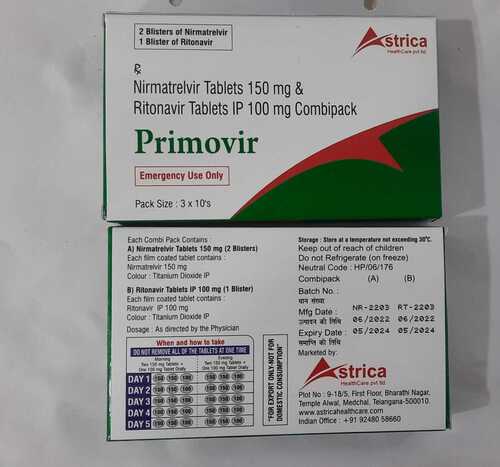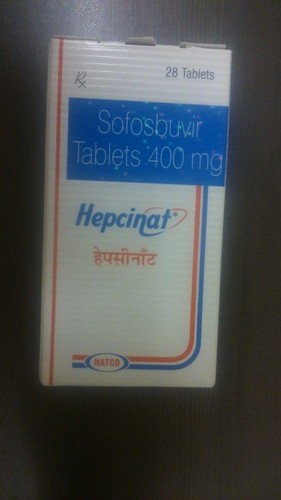



Retroviral Drugs
6000 INR/Box
Product Details:
- Drug Type General Medicines
- Physical Form Tablets
- Recommended For Adults
- Dosage Guidelines As directed by a physician
- Suitable For Adults
- Storage Instructions Keep in a Cool & Dry Place
- Click to view more
X
Retroviral Drugs Price and Quantity
- 6000 INR/Box
- 100 Box
Retroviral Drugs Specification
- Adults
- Adults
- Keep in a Cool & Dry Place
- Tablets
- As directed by a physician
- General Medicines
Retroviral Drugs Trade Information
- 10000000 Box Per Week
- 1 Week
- All India
Product Description
Retroviral drugs are medications used to treat infections caused by retroviruses, primarily human immunodeficiency virus (HIV). HIV is a retrovirus that attacks the immune system, specifically targeting CD4 cells, a type of white blood cell crucial for the body's defense against infections. Left untreated, HIV can lead to acquired immunodeficiency syndrome (AIDS), a condition where the immune system is severely compromised, making individuals susceptible to various infections and diseases.
Retroviral drugs work by targeting different stages of the HIV life cycle, inhibiting the virus from replicating and reducing its viral load in the body. These drugs fall into several classes, including:
1. Nucleoside Reverse Transcriptase Inhibitors (NRTIs): These drugs interfere with the action of reverse transcriptase, an enzyme that HIV uses to convert its RNA into DNA. Examples include zidovudine (AZT), lamivudine (3TC), and tenofovir (TDF).
2. Non-Nucleoside Reverse Transcriptase Inhibitors (NNRTIs): NNRTIs bind to a different site on the reverse transcriptase enzyme, blocking its activity and preventing HIV from replicating. Examples include efavirenz, nevirapine, and etravirine.
3. Protease Inhibitors (PIs): Protease is another enzyme essential for HIV replication. Protease inhibitors block the activity of this enzyme, preventing the virus from maturing and producing infectious particles. Examples include ritonavir, atazanavir, and darunavir.
4. Integrase Inhibitors: These drugs block the action of integrase, an enzyme that HIV uses to integrate its viral DNA into the DNA of the host cell. By inhibiting integrase, these drugs prevent the virus from establishing a permanent infection. Examples include raltegravir, dolutegravir, and bictegravir.
5. Entry Inhibitors: Entry inhibitors block HIV from entering CD4 cells. There are two types: fusion inhibitors, which prevent HIV from fusing with the cell membrane, and CCR5 antagonists, which block the CCR5 co-receptor on the surface of CD4 cells, preventing HIV from entering. Examples include enfuvirtide (fusion inhibitor) and maraviroc (CCR5 antagonist).
6. Pharmacokinetic Enhancers: Drugs like ritonavir and cobicistat are sometimes used in combination with other HIV medications to boost their levels in the bloodstream, allowing for reduced dosages and improved efficacy.
Treatment for HIV typically involves combining drugs from different classes into a regimen known as antiretroviral therapy (ART) or highly active antiretroviral therapy (HAART). This approach helps suppress viral replication, reduce the viral load to undetectable levels, preserve immune function, and improve overall health outcomes for individuals living with HIV. It's important for individuals with HIV to adhere to their treatment regimen consistently to maintain viral suppression and prevent the development of drug resistance.
Enter Buying Requirement Details
Other Products in 'Virology Drugs' category
"Accepting orders in bulk order quantity".
 |
DHEER HEALTHCARE PRIVATE LIMITED
All Rights Reserved.(Terms of Use) Developed and Managed by Infocom Network Private Limited. |
 English
English Spanish
Spanish French
French German
German Italian
Italian Chinese (Simplified)
Chinese (Simplified) Japanese
Japanese Korean
Korean Arabic
Arabic Portuguese
Portuguese
